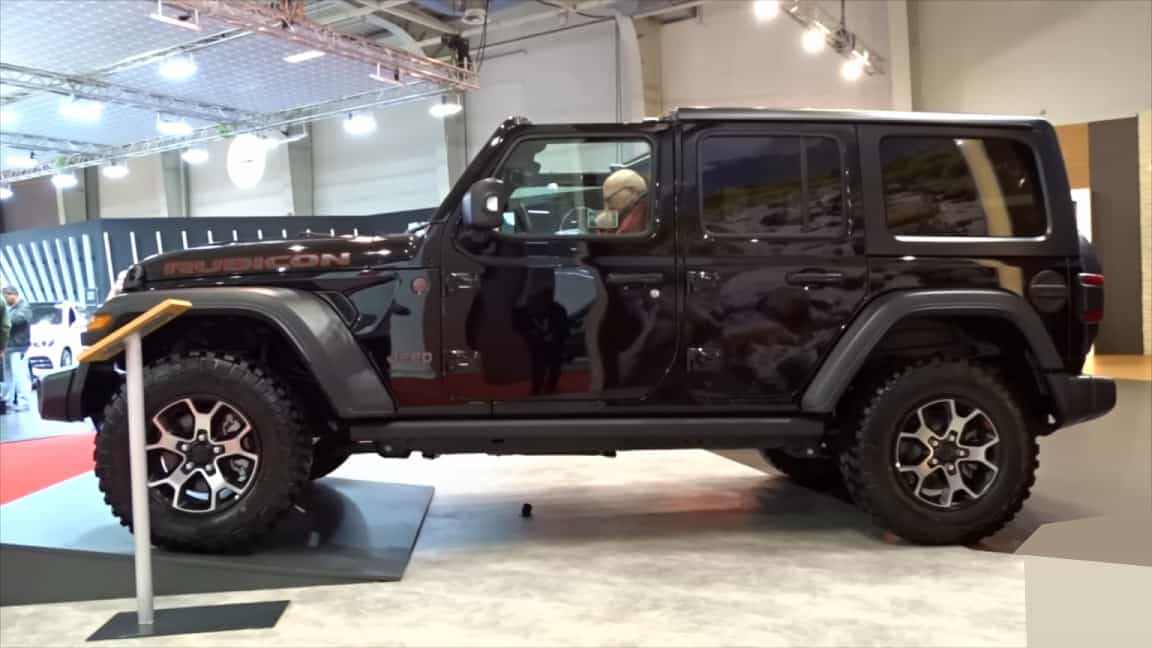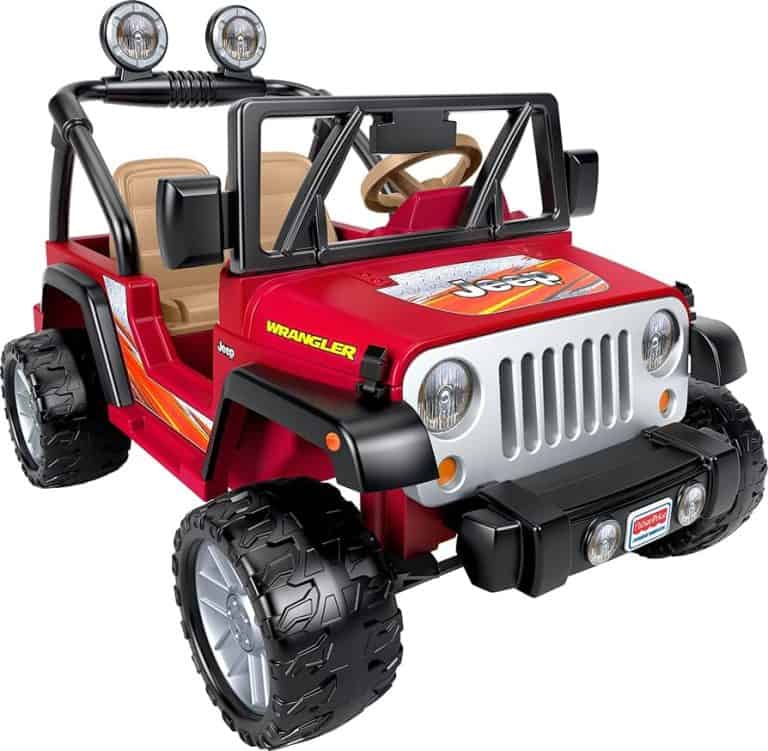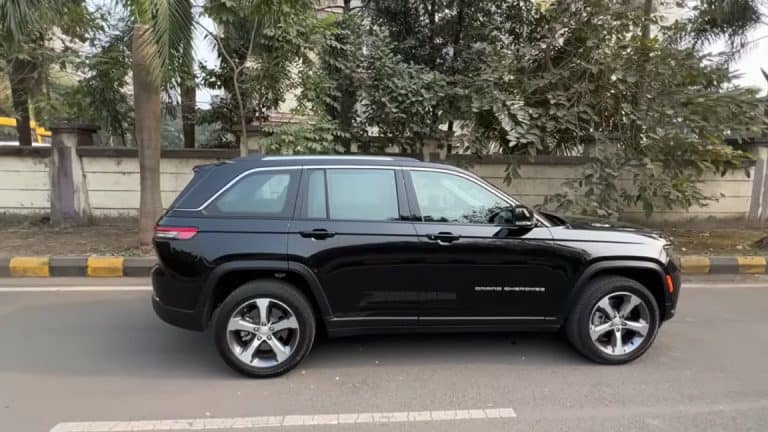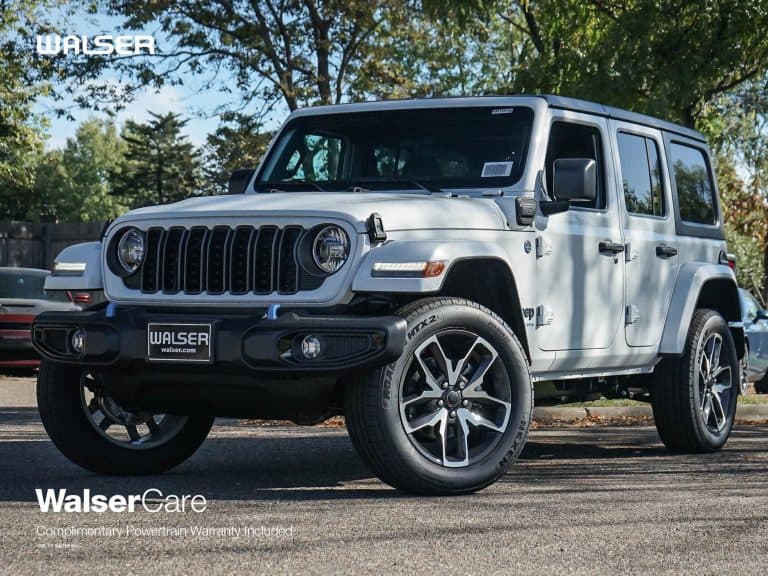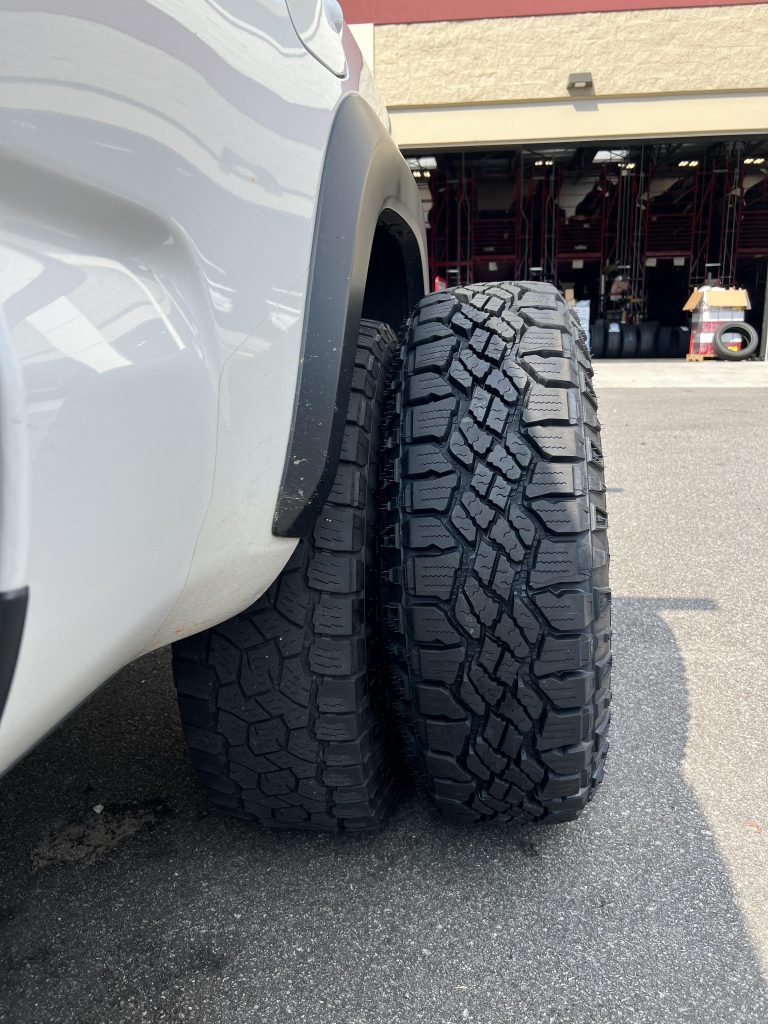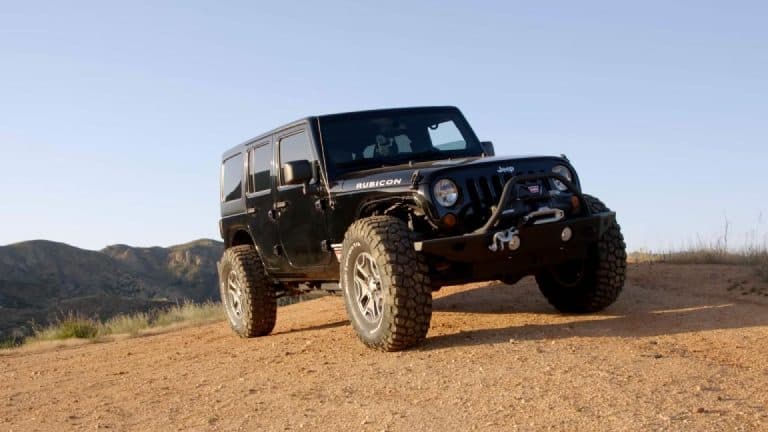Jeep Wrangler Catalytic Converter Problems: Causes, Symptoms, and Solutions
The Jeep Wrangler is a rugged and versatile vehicle known for its off-road capabilities and iconic design. However, like any vehicle, the Jeep Wrangler can encounter various issues, and one common problem that owners may face is related to the catalytic converter. However, over time, the catalytic converter in a Jeep Wrangler can develop problems that affect its performance and functionality.
In this article, I will explore some of the Jeep Wrangler catalytic converter problems that Jeep Wrangler owners may experience. I will discuss the symptoms that may indicate an issue with the catalytic converter and provide insights into possible solutions and repairs.
Keep reading continue!

Causes of Catalytic Converter Problems
The catalytic converter is an essential part of your Jeep Wrangler’s exhaust system. It is responsible for reducing the harmful emissions your vehicle produces. However, over time, the catalytic converter can become clogged or damaged, leading to various problems.
One of the most common causes of catalytic converter problems is contamination. If your Jeep’s engine is burning oil or running rich, it can cause the catalytic converter to become clogged with carbon deposits. Other causes of catalytic converter problems include overheating, physical damage, and age.
Symptoms of Catalytic Converter Problems
Several signs indicate that your Jeep Wrangler’s catalytic converter may be experiencing problems. One of the most noticeable symptoms is a decrease in performance. If your vehicle is sluggish or has a reduced acceleration, it may be due to a clogged catalytic converter.
Another common symptom of catalytic converter problems is an increase in fuel consumption. A clogged or damaged catalytic converter can cause your Jeep to burn more fuel than usual. Additionally, you may notice a sulfuric smell coming from your exhaust or hear a rattling noise when you accelerate.
Solutions for Catalytic Converter Problems
If you suspect that your Jeep Wrangler’s catalytic converter is experiencing problems, there are several solutions that you can consider. One of the most popular options is cleaning or replacing your catalytic converter. This can help to remove any contaminants and restore the converter’s function.
Another solution is to install a high-flow catalytic converter. This type of converter is designed to be less restrictive than the OEM version, which can improve your Jeep’s performance and fuel efficiency. However, it is important to note that high-flow catalytic converters may not be legal in all states.
Benefits of a Catalytic Converter
While catalytic converter problems can be frustrating, it is important to remember the benefits that this component provides. A functioning catalytic converter helps reduce the harmful emissions your Jeep produces, which can help improve overall air quality.
A properly functioning catalytic converter can also improve your Jeep’s fuel efficiency and performance. By reducing the amount of back pressure in the exhaust system, your vehicle can operate more efficiently and have better acceleration.
Catalytic Converter Vs. Straight Pipe
Some Jeep owners may consider removing their catalytic converter and installing a straight pipe. While this may slightly increase performance, it is not recommended. Removing your catalytic converter is illegal in many states and can result in hefty fines.
Additionally, a straight pipe exhaust system can cause your Jeep to produce more harmful emissions, negatively impacting the environment. It is always best to keep your catalytic converter functioning properly.
2018 Jeep Wrangler Catalytic Converter Problems And Solution
While specific information about the 2018 Jeep Wrangler’s catalytic converter problems is not available to me, I can provide some general guidance on potential problems and solutions:
- Clogging: One common issue with catalytic converters is clogging, which can restrict exhaust flow and lead to reduced engine performance and fuel efficiency.
- Failure: Catalytic converters can fail due to various factors, such as contamination, physical damage, or internal component failure. If the catalytic converter has failed, replacement is often necessary.
- Oxygen (O2) Sensor Issues: Malfunctioning O2 sensors can provide inaccurate readings to the engine control unit, leading to improper air-fuel mixture and potential catalytic converter problems.
- Engine Misfires: Engine misfires can cause unburned fuel to reach the catalytic converter, resulting in overheating and damage.
- Maintenance and Fuel Quality: Regular maintenance, including timely oil changes and air filter replacements, can help maintain optimal catalytic converter performance.
It’s important to consult with a qualified mechanic or Jeep dealership for accurate diagnosis and appropriate solutions for catalytic converter issues specific to your 2018 Jeep Wrangler.
2017 Jeep Wrangler Catalytic Converter Problems and Solution
The 2017 Jeep Wrangler may encounter catalytic converter problems, but there are potential solutions to address these issues. Some owners have reported catalytic converter clogging or failure, leading to decreased performance and fuel efficiency. Here are a few possible solutions:
- Diagnosis: If you suspect catalytic converter problems, it’s crucial to have your vehicle diagnosed by a professional. They can use diagnostic tools to identify the specific issue and determine if the catalytic converter needs replacement or if there’s an underlying cause that needs to be addressed.
- Replacement: In some cases, a clogged or failed catalytic converter may require replacement. A qualified mechanic or Jeep dealership can install a new catalytic converter that meets the vehicle’s specifications. It’s important to ensure that the replacement part is compatible with your 2017 Jeep Wrangler.
- Regular Maintenance: Proper maintenance can help prevent catalytic converter problems. Regularly servicing your Jeep Wrangler, including engine tune-ups, oil changes, and air filter replacements, can contribute to the longevity and optimal functioning of the catalytic converter.
- Fuel Quality: Ensuring you use high-quality fuel and avoiding contaminated or low-grade gasoline can help prevent catalytic converter issues. Poor-quality fuel can contribute to the buildup of deposits and cause damage to the converter over time.
- O2 Sensor Replacement: The oxygen (O2) sensors play a crucial role in monitoring the efficiency of the catalytic converter. If the O2 sensors are faulty or worn out, they can provide inaccurate readings and potentially lead to catalytic converter problems. Replacing these sensors when necessary can help maintain the converter’s performance.
It’s essential to consult with a professional mechanic or Jeep dealership to accurately diagnose and address any catalytic converter issues with your 2017 Jeep Wrangler.
2017 Jeep Wrangler Catalytic Converter Problems and Solution
The Jeep Wrangler is a popular off-road vehicle, but like any vehicle, it can experience issues with the catalytic converter. Here’s some information on the 2014 Jeep Wrangler catalytic converter problems and possible solutions:
- Failure: One common problem with catalytic converters is failure. This can occur due to various reasons, such as overheating, contamination, or physical damage. A failed catalytic converter may result in decreased engine performance, increased fuel consumption, and the illumination of the check engine light.
Solution: If the catalytic converter has failed, it will need to be replaced. It is recommended to consult a professional mechanic or dealership to diagnose the issue accurately and install a new catalytic converter that meets the specifications for your 2014 Jeep Wrangler.
- Theft: In recent years, there has been an increase in catalytic converter theft across various vehicle models, including the Jeep Wrangler. Catalytic converters contain valuable metals like platinum, palladium, and rhodium, making them attractive to thieves.
Solution: To prevent catalytic converter theft, you can take certain precautions, such as parking your vehicle in well-lit areas or secure garages, using an anti-theft device, or installing a protective shield around the catalytic converter. Additionally, some aftermarket companies offer specialized theft-deterrent devices designed specifically for catalytic converters.
- Warranty Extension: In some cases, Jeep has issued warranty extensions for certain models and years due to known catalytic converter problems. It is worth checking with a Jeep dealership or contacting Jeep customer service to inquire if any warranty extension applies to the catalytic converter in the 2014 Jeep Wrangler.
Remember, it is important to address any catalytic converter issues promptly, as a malfunctioning converter can negatively impact your vehicle’s performance and contribute to increased emissions.
Final Point
The hold article Jeep Wrangler Catalytic Converter Problems. And discuss the problem and solution. And write more problems and solutions about 2018, 2017, and 2014.When a catalytic converter fails, it can lead to decreased engine performance and increased fuel consumption, necessitating its replacement by a professional mechanic. To prevent catalytic converter theft, taking precautions such as parking in secure areas and using theft-deterrent devices can be beneficial.
Frequently Asked Questions
What are the common signs of Jeep Wrangler Catalytic Converter Problems?
Some common signs of catalytic converter problems include decreased engine performance, reduced fuel efficiency, engine misfires, strange exhaust odor, rattling noises from the exhaust system, and the illumination of the check engine light on the dashboard.
What is a catalytic converter, and what does it do in a Jeep Wrangler?
A catalytic converter is an emissions control device installed in the exhaust system of a vehicle, including the Jeep Wrangler. Its primary function is to reduce harmful emissions by converting toxic gases.
What can cause catalytic converter problems in a Jeep Wrangler?
Several factors can contribute to catalytic converter problems in a Jeep Wrangler, such as engine oil or coolant leaks, a malfunctioning oxygen (O2) sensor, fuel system issues, using low-quality or contaminated fuel, engine misfires, and physical damage from off-road driving or road debris.
QCan a clogged or failing catalytic converter damage the Jeep Wrangler’s engine?
A: Yes, a severely clogged or failing catalytic converter can restrict exhaust flow, leading to increased back pressure in the engine. This can result in reduced engine performance, decreased fuel efficiency.
How can I diagnose catalytic converter problems in my Jeep Wrangler?
Proper diagnosis of catalytic converter problems is best left to professional mechanics or Jeep dealerships.

